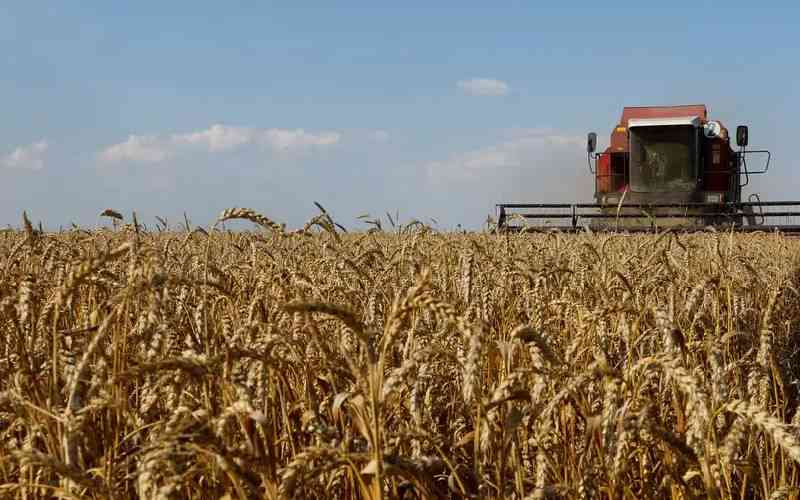×
The Standard e-Paper
Smart Minds Choose Us

The United Nations Security Council (UNSC) convened a high-level meeting Thursday, chaired by US Secretary of State Antony Blinken, to address global food security concerns, as the United States assumes the UNSC presidency for the month of August.
During a Tuesday briefing, US Ambassador to the United Nations Linda Thomas-Greenfield said, "Where there is conflict, there is hunger," emphasizing the impact of the war in Ukraine on global food security.